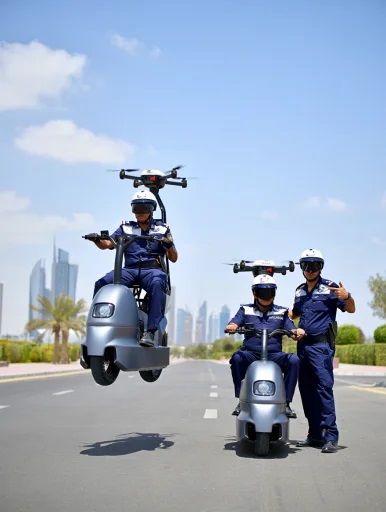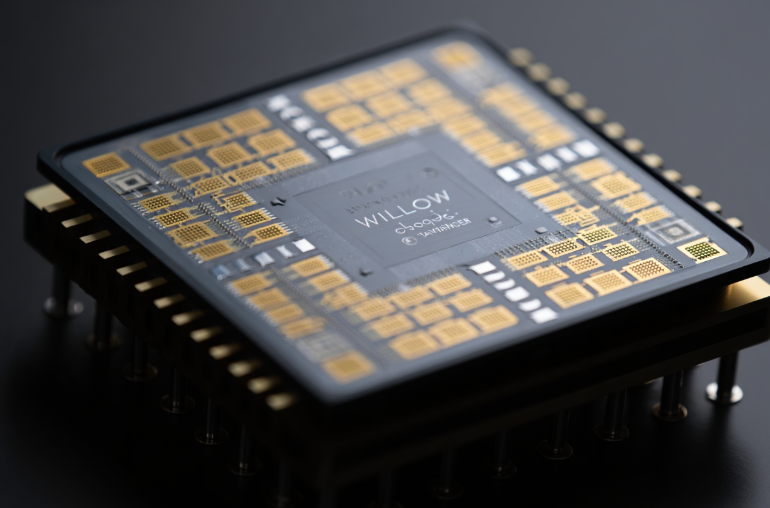Dubai is once again pushing the boundaries of futuristic law enforcement with the trial of drone-powered hoverbikes, designed for aerial patrols in congested urban areas.The vehicle, known as the Scorpion-3 eVTOL, is built by Russian startup Hoversurf and blends the agility of a motorcycle with drone-like vertical takeoff and landing capabilities. It can reach speeds of up to 70 kilometers per hour and hover at an altitude of around five meters, making it suitable for navigating traffic-choked streets and hard-to-reach zones.Dubai Police officers have already begun training sessions to operate the hoverbike, which represents the city’s ongoing commitment to AI-driven policing technologies. Officials see potential applications in rapid response situations, surveillance, and patrol duties, particularly in areas where traditional cars and motorcycles face limitations.Despite the excitement, the technology is still constrained. Current flight duration ranges between 10 and 25 minutes per charge, restricting missions to short patrols. Safety and regulatory concerns also mean that the hoverbikes are not yet fully rolled out for daily use. Engineers are working on battery improvements and additional safety measures before scaling operations.This project is part of Dubai’s larger push toward next-generation law enforcement, which already includes experiments with robotic officers, autonomous patrol units, and AI-powered crime prediction tools. By embracing futuristic mobility, Dubai aims to set global standards in smart policing.Analysts, however, remain cautious. Questions about cost, maintenance, and accident risks remain unanswered. While the Scorpion-3 offers a bold vision, it may take years before the technology becomes routine in policing.For now, Dubai’s hoverbikes serve as a symbol of ambition, blending innovation with governance, and reaffirming the emirate’s reputation as a testbed for cutting-edge technologies.
Dubai Police Train on Drone-Powered Hoverbikes for Urban Patrols






